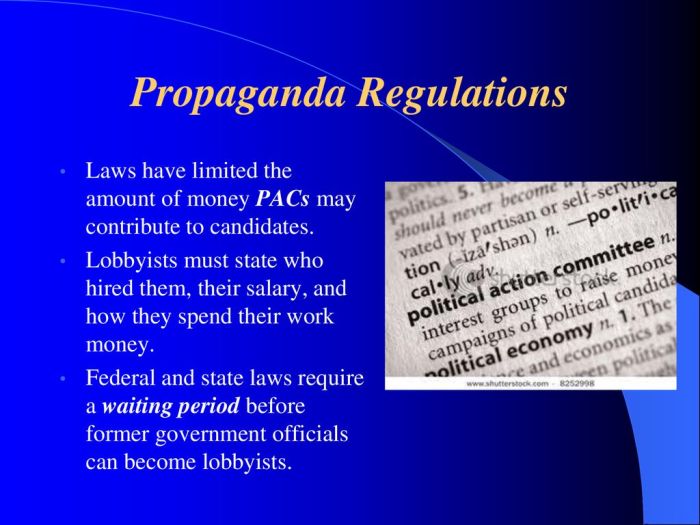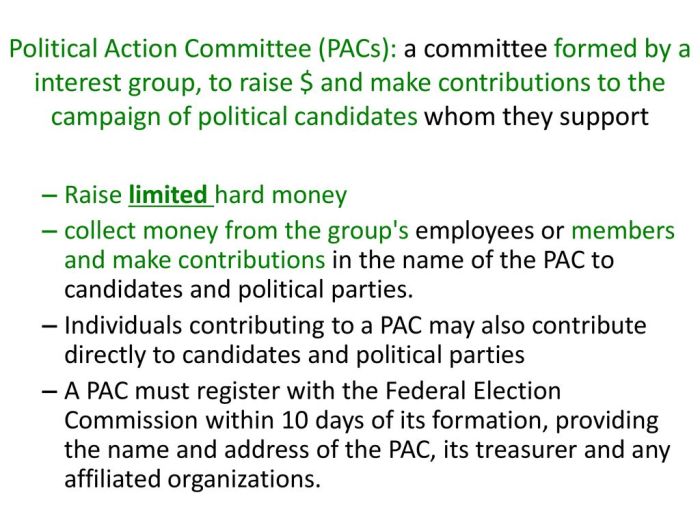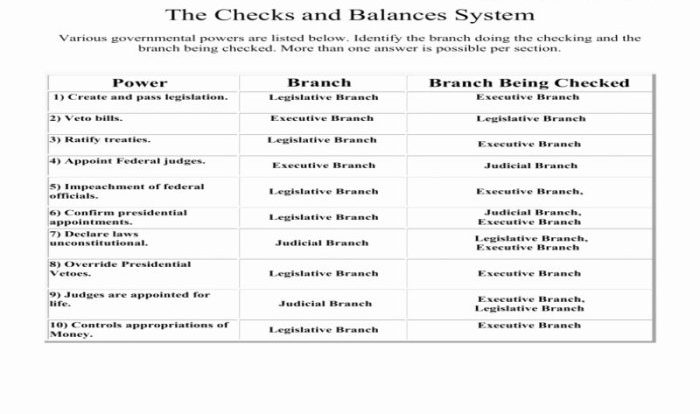Political Action Committees (PACs) play a significant role in contemporary electoral politics. Understanding their functions, types, regulations, and influence is crucial for comprehending the dynamics of campaign finance and its impact on elections. This comprehensive analysis will explore the various facets of PACs, addressing the statement “which statement about political action committees pacs is true.”
Through a detailed examination of their contributions, regulations, and potential influence, we aim to provide a clear understanding of the role of PACs in the political landscape.
PACs, as fundraising organizations, channel funds from various sources, including corporations, labor unions, and individuals, to support specific political candidates or parties. They serve as conduits for political contributions, allowing donors to pool their resources and amplify their impact on electoral outcomes.
PACs and Political Contributions: Which Statement About Political Action Committees Pacs Is True

Political Action Committees (PACs) play a significant role in funding political campaigns in the United States. PACs are organizations that raise and distribute money to support or oppose candidates and parties in elections.
Types of PACs
- Corporate PACs:Established by corporations to support candidates and parties that align with their business interests.
- Labor PACs:Funded by labor unions to support candidates who advocate for policies favorable to workers.
- Membership PACs:Created by membership organizations, such as professional associations or trade groups, to support candidates who share their values.
Regulation and Disclosure
PAC activities are regulated by the Federal Election Commission (FEC). PACs are required to disclose their donors and expenditures, ensuring transparency in political financing.
Influence on Elections
PACs can have a substantial impact on election outcomes by providing financial support to candidates. However, there are concerns about the potential for PACs to influence candidates’ positions and policies.
Advantages and Disadvantages
Advantages:
- Increased political participation by allowing individuals and organizations to contribute to campaigns.
- Access to funding for candidates who may not have traditional sources of support.
Disadvantages:
- Concerns about undue influence by large donors.
- Potential for corruption and pay-to-play schemes.
Comparisons with Other Political Entities, Which statement about political action committees pacs is true
PACs differ from other political entities such as super PACs and 527 groups in terms of regulations and fundraising limits.
Historical Evolution
PACs have evolved over time, with key milestones including the Federal Election Campaign Act of 1971 and the Citizens United v. FEC Supreme Court decision in 2010.
FAQ Compilation
What is the primary function of PACs?
PACs are primarily responsible for raising and distributing funds to support political candidates or parties.
How do PACs differ from other political entities?
PACs differ from super PACs and 527 groups in terms of contribution limits, disclosure requirements, and coordination with candidates.
What are the advantages and disadvantages of PACs?
Advantages include increased political participation and access to funding, while disadvantages include concerns about undue influence and corruption.



